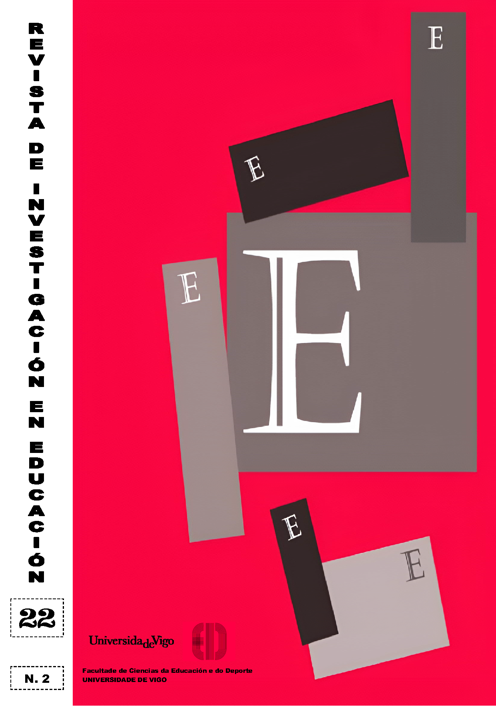Etymology in science teaching: a look at the origin of words
DOI:
https://doi.org/10.35869/reined.v22i2.5375Keywords:
Literacy, Learning, Competencies, Didactics, Education, Teaching StrategyAbstract
The level of knowledge and importance attributed by a group of practicing Science Teachers from the Maule Region, Chile, to Greco-Latin etymology for the appropriation and teaching of scientific concepts was evaluated. To do this, using a snowball sampling strategy, an electronic form containing an alternative format test, an open response questionnaire and the Knowledge and Prior Study Inventory (KPSI) metacognitive self-assessment instrument was applied to 91 Science Teachers. The open responses were segregated through structural semantics with opposition, and studied through content analysis through the ATLAS.ti version 9 software. The results show that the participants value and recognize the benefits of using the etymology of scientific concepts such as didactic strategy, since it supposes an efficient practice for the construction of meanings and development of scientific competences in high school students; however, the knowledge that teachers claim to have does not coincide with what was actually identified, so it is suggested that this area be strengthened in formal education, both in the training of teachers and students.
Downloads
Downloads
Published
Issue
Section
License
Copyright (c) 2024 Revista de Investigación en Educación

This work is licensed under a Creative Commons Attribution-NonCommercial-NoDerivatives 4.0 International License.
The acceptance of the papers for publication, means that the printing and reproduction rights are owned by the journal. The conditions of use and reuse of content are those established in the Creative Commons CC BY-NC-ND 4.0 license.



